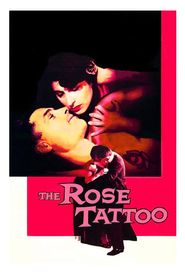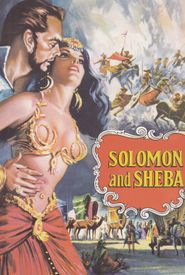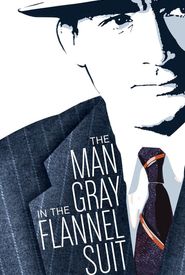Maria Luisa Pierangeli and her twin sister Anna Maria were born in Sardinia, Italy, as fraternal twins with distinct personalities. Anna Maria was dreamy and innocent, while Maria Luisa was independent and studious. The family relocated to Rome in the late 1940s, and in 1948, their lives took a dramatic turn when director Vittorio De Sica cast Anna Maria in the film Tomorrow Is Too Late, which was released in 1950.
Following this, the family moved to Hollywood, where Anna Maria changed her name to Pier Angeli. Maria Luisa, on the other hand, was not initially interested in pursuing an acting career, but she was eventually cast by John Ford in the film What Price Glory, which starred James Cagney, and released in 1952. Maria Luisa changed her last name to Pavan, a nod to a Jewish officer her family had hidden from the Nazis during World War II.
Pavan signed a contract with Fox, but she was relieved when it was terminated, as she desired a wider range of roles than her sister. Her performance in The Rose Tattoo, released in 1955, earned her a nomination for Best Supporting Actress, as she appeared alongside Italian icon Anna Magnani.
However, Pavan's experience filming Solomon and Sheba, released in 1959, was a negative one, and she recalled it as a bad experience, not only due to the untimely death of costar Tyrone Power during filming but also for other reasons. She subsequently shifted her focus to television in the 1960s, touring America and Europe with her husband Jean-Pierre Aumont in plays and musicals, including the production of "Gigi."
Later, in France, Pavan returned to film. As of 2018, she resides in the South of France. Marisa has also been actively involved in philanthropic work, founding and directing the organization URMA (Unis pour la Recherche sur la Maladie d'Alzheimer),which aims to support research in finding treatments for Alzheimer's disease.





























